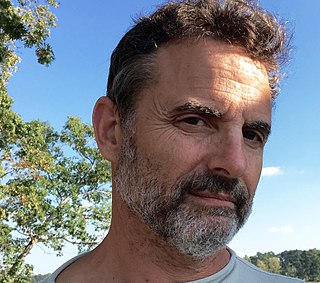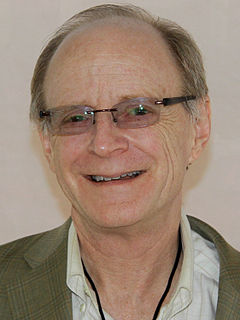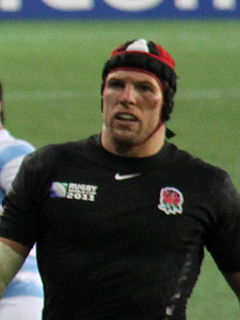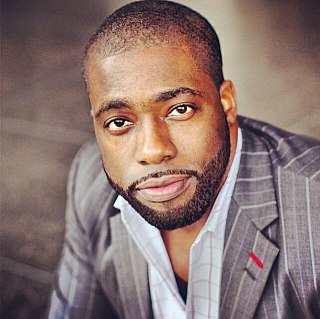A Quote by W. Somerset Maugham
Throw yourself into the hurly-burly of life. It doesn't matter how many mistakes you make, what unhappiness you have to undergo. It is all your material ... Don't wait for experience to come to you; go out after experience. Experience is your material.
Related Quotes
How to avoid cliche at the root of conception? Practice sincerity. If we've come by ... material honestly, through our own personal experience or imagination, we may rightly claim it as our own. ... The way to make material your own is to look for it in yourself. ... It should be a story that only you can tell, as only you can tell it.
If there is one thing I've learned in thirty years as a psychotherapist, it is this: If you can let your experience happen, it will release its knots and unfold, leading to a deeper, more grounded experience of yourself. No matter how painful or scary your feelings appear to be, your willingness to engage with them draws forth your essential strength, leading in a more life-positive direction.
If you have a belief and you come against an experience which the belief says is not possible, or, the experience is such that you have to drop the belief, what are you going to choose — the belief or the experience? The tendency of the mind is to choose the belief, to forget about the experience. That’s how you have been missing many opportunities when God has knocked at your door.
Over the next four days, I want you to write about your deepest emotions and thoughts about the most upsetting experience in your life. Really let go and explore your feelings and thoughts about it. In your writing, you might tie this experience to your childhood, your relationship with your parents, people you have loved or love now or even your career. How is this experience related to who you would like to become, who you have been in the past, or who you are now?.
In our quest to quickly make three-dimensional objects, we can miss out on the experience of making something that helps give us our first understandings of form and material, of the way a material behaves--'I press too hard here, and it breaks here' and so on. Some of the digital rendering tools are impressive, but it's important that people still really try and figure out a way of gaining direct experience with the materials.
To say that you can 'have experience,' means, for one thing, that your past plays into and affects your present, and that it defines your capacity for future experience. As a social scientist, you have to control this rather elaborate interplay, to capture what you experience and sort it out; only in this way can you hope to use it to guide and test your reflection, and in the process shape yourself as an intellectual craftsman
The experience curve says that your costs should probably decline by 15% or 20% with every doubling in your experience making a product, approximately how many of them you turn out. It also says that if you have the biggest market share, meaning the most experience of anybody in your competitive set, you should have the lowest costs, and the resultant capability to underprice your competitors, maybe forever. The abiding lesson of the experience curve is that companies need to discipline themselves to keep reducing their costs, year in, year out, if they are to remain competitive.
It's not what you go through, but how that experience affects you. For some people, it could be a near car crash that changes your life. For other people, it could take five years of going to prison for them to realize they need change in their life. So it's not really the experience but more how the experience affects you.
First you guess. Don't laugh, this is the most important step. Then you compute the consequences. Compare the consequences to experience. If it disagrees with experience, the guess is wrong. In that simple statement is the key to science. It doesn't matter how beautiful your guess is or how smart you are or what your name is. If it disagrees with experience, it's wrong. That's all there is to it.







































